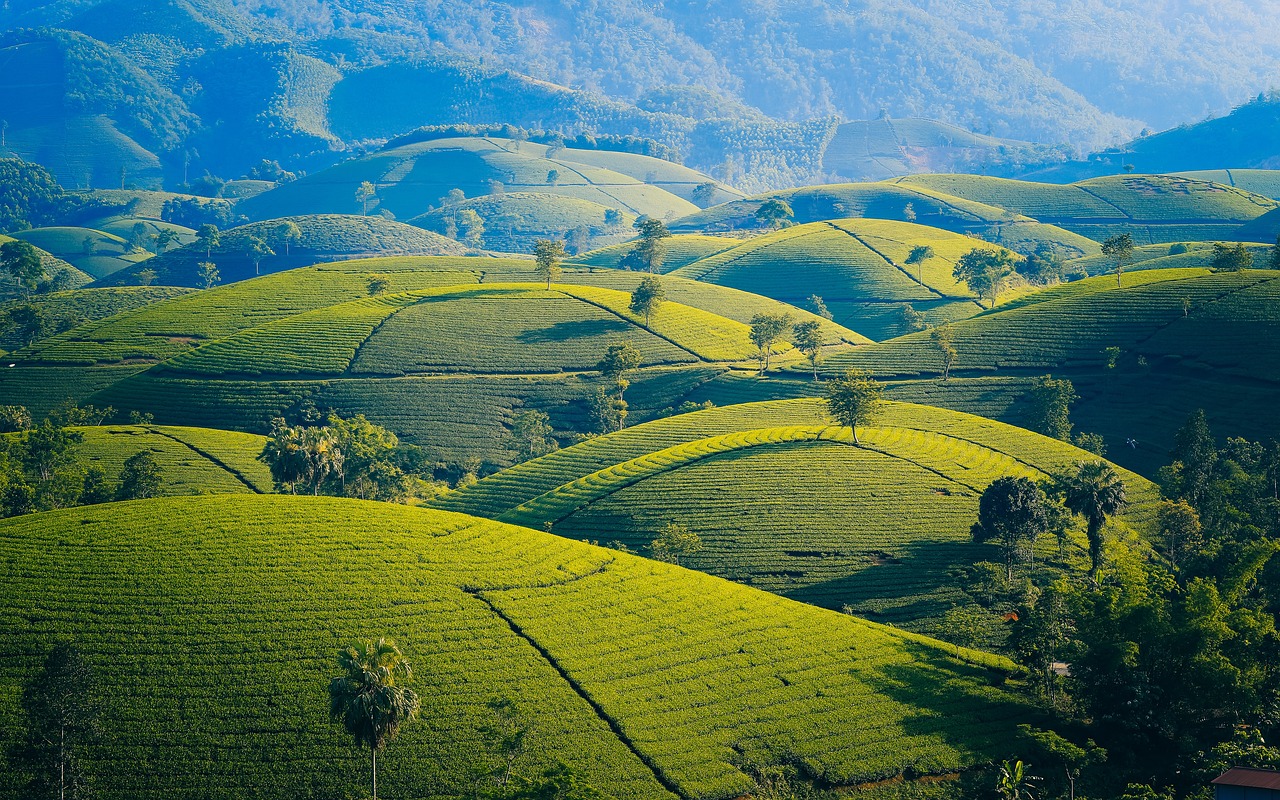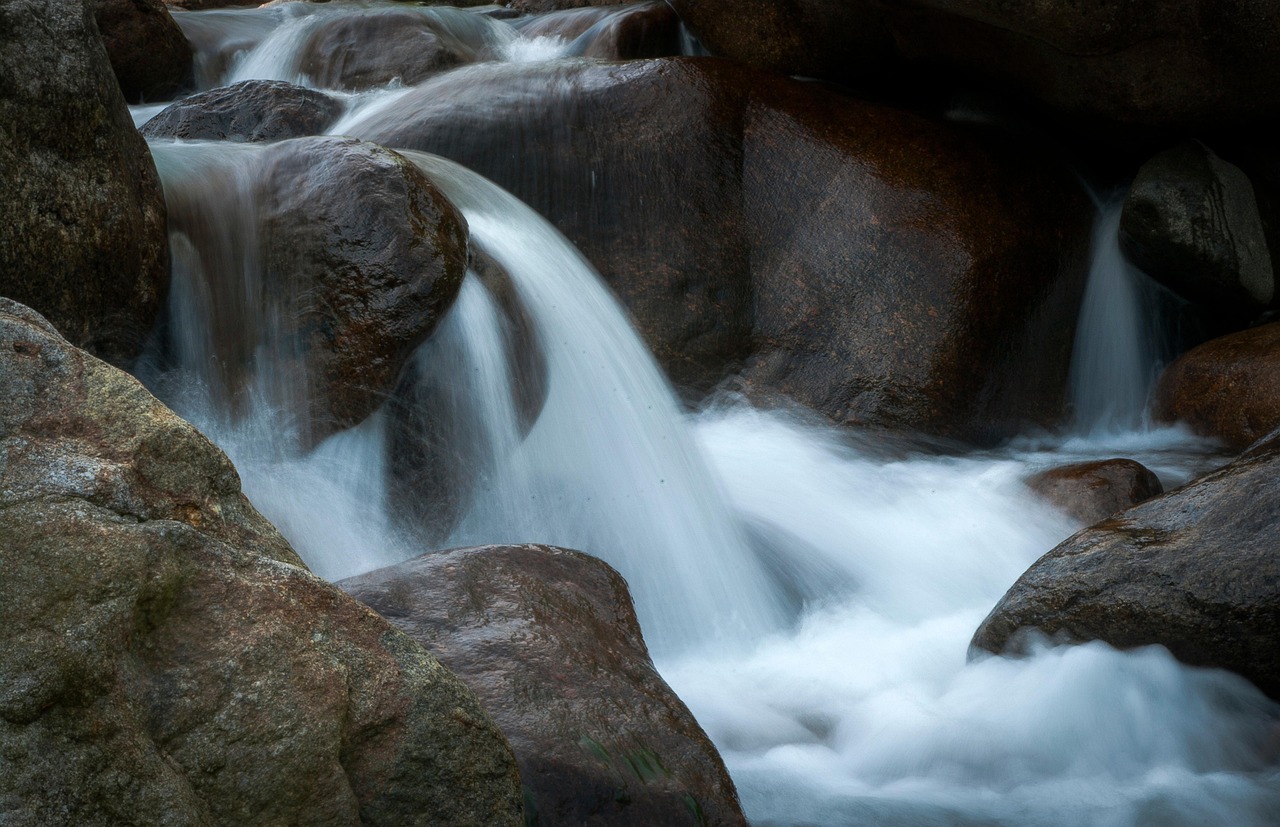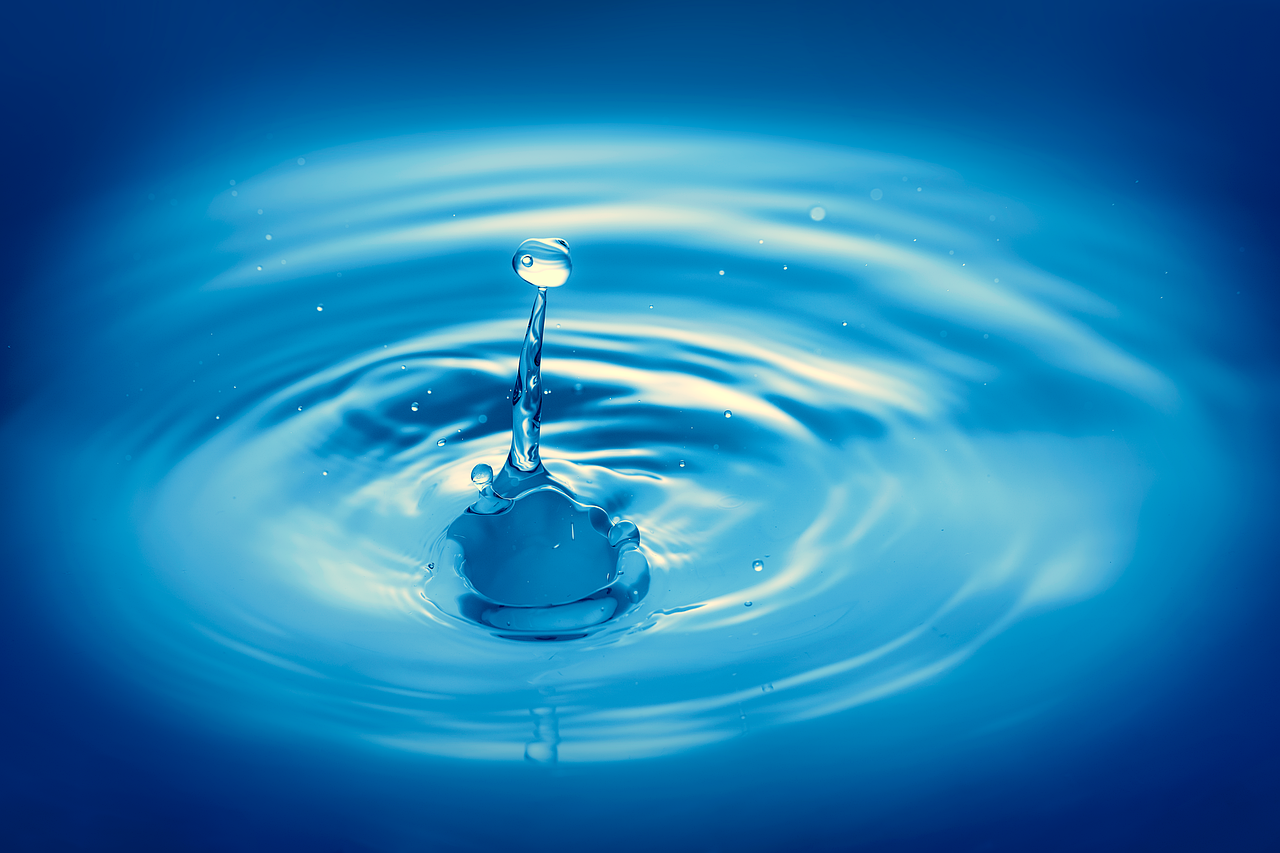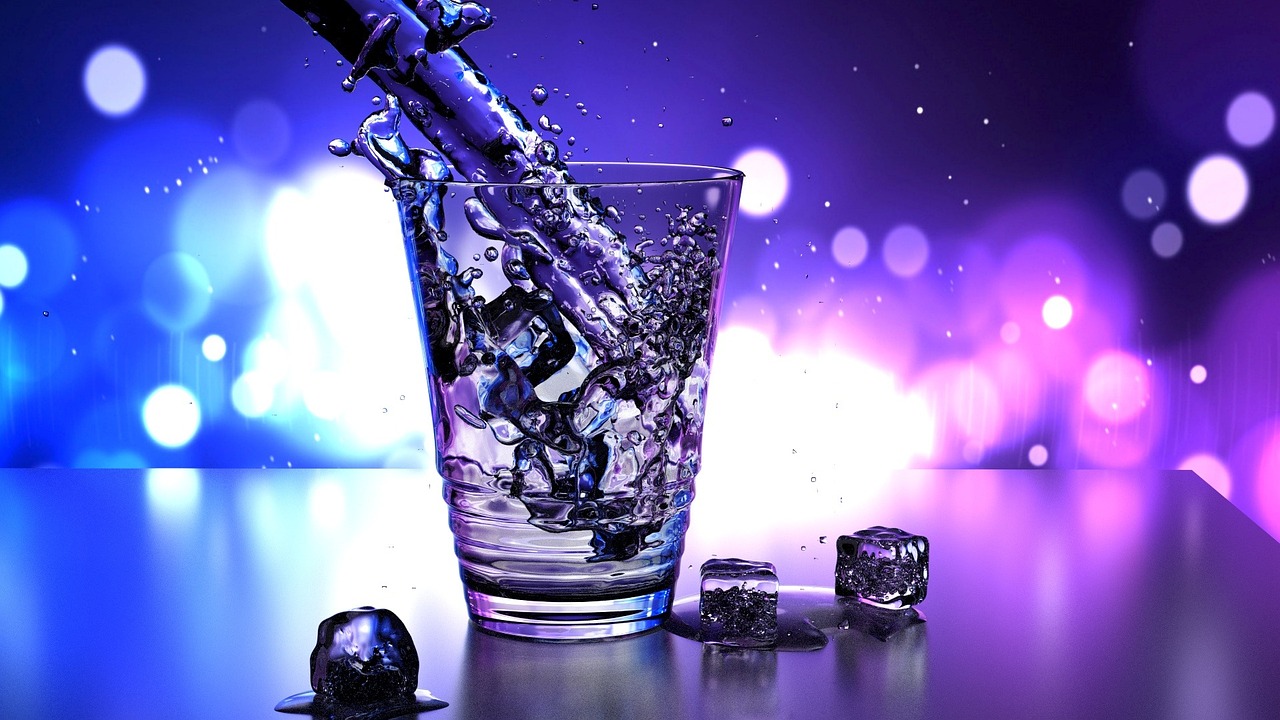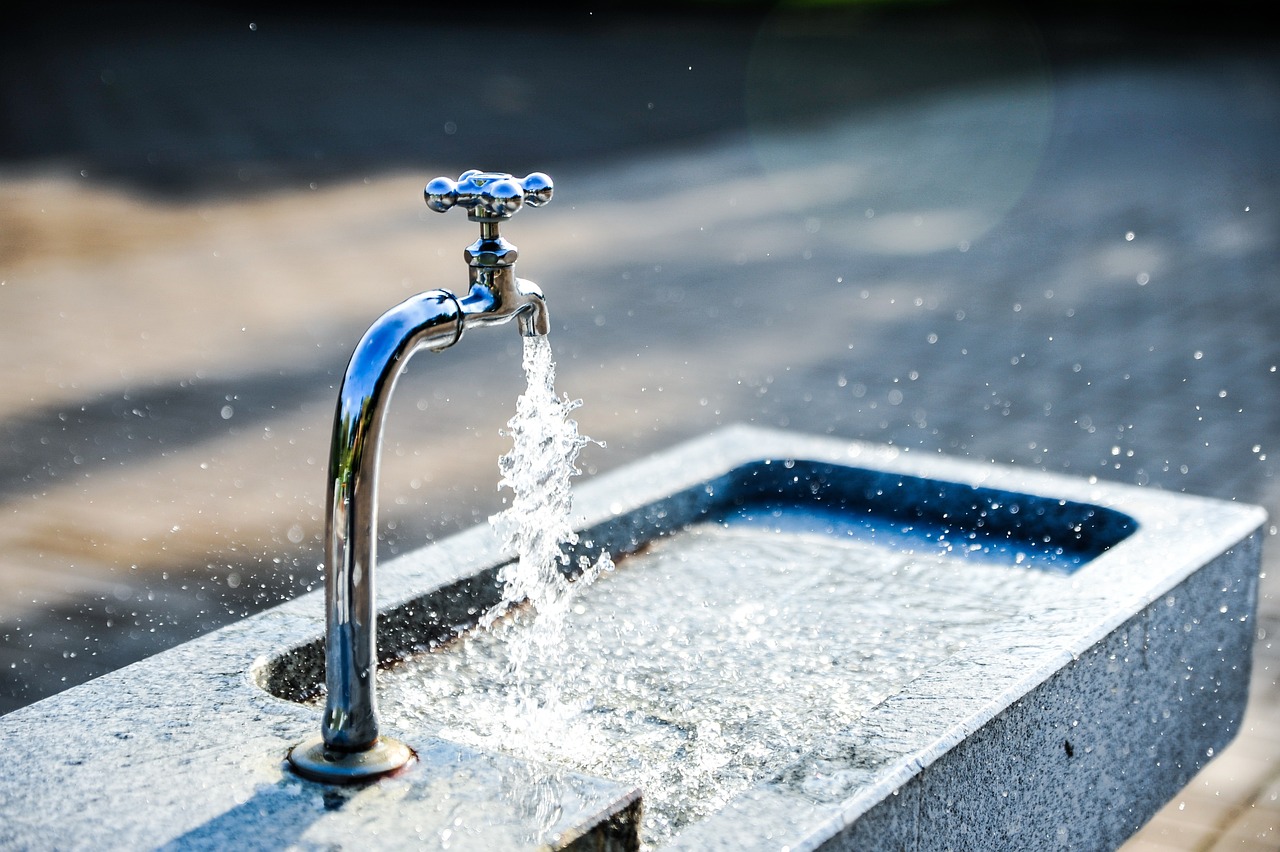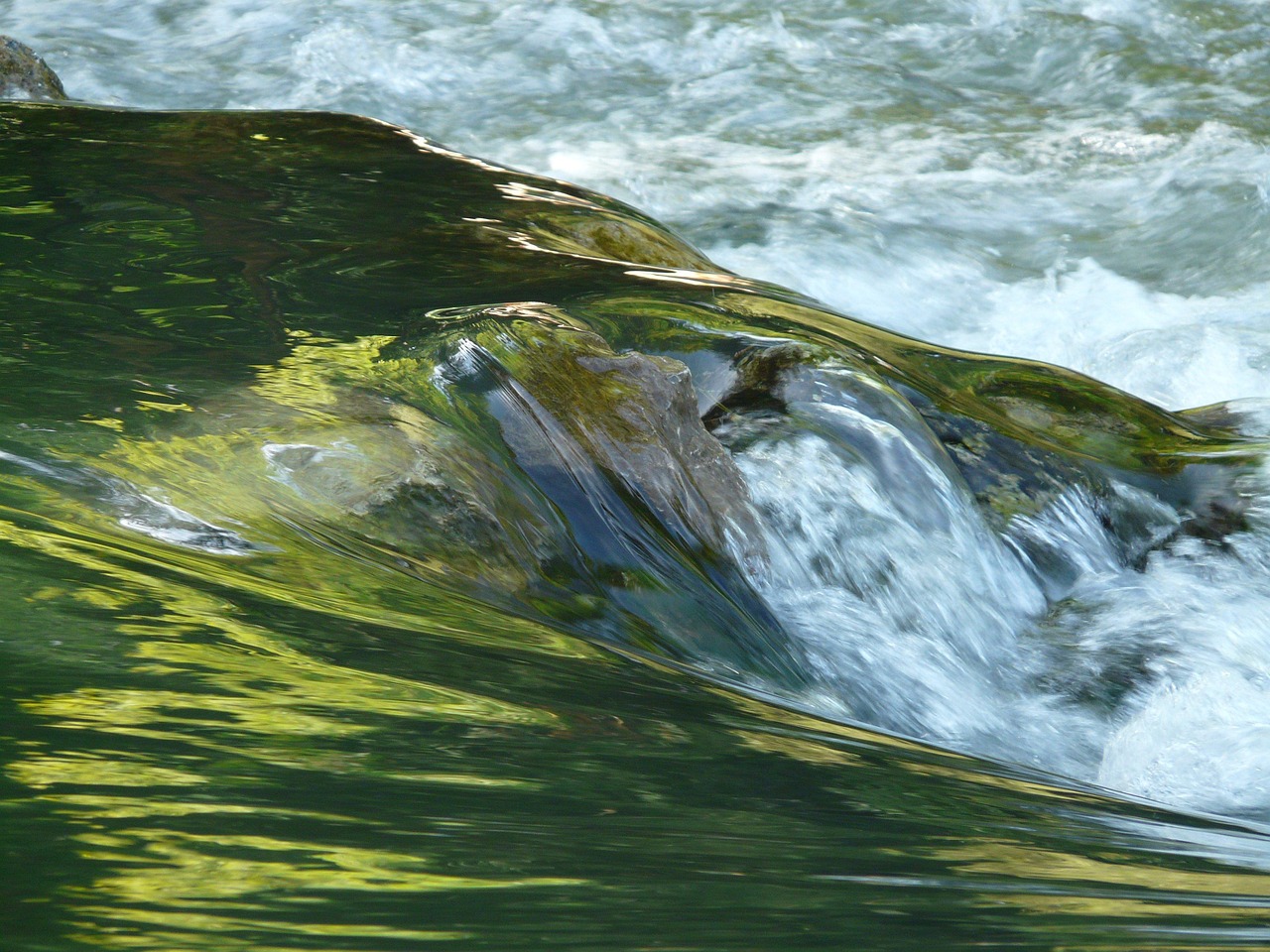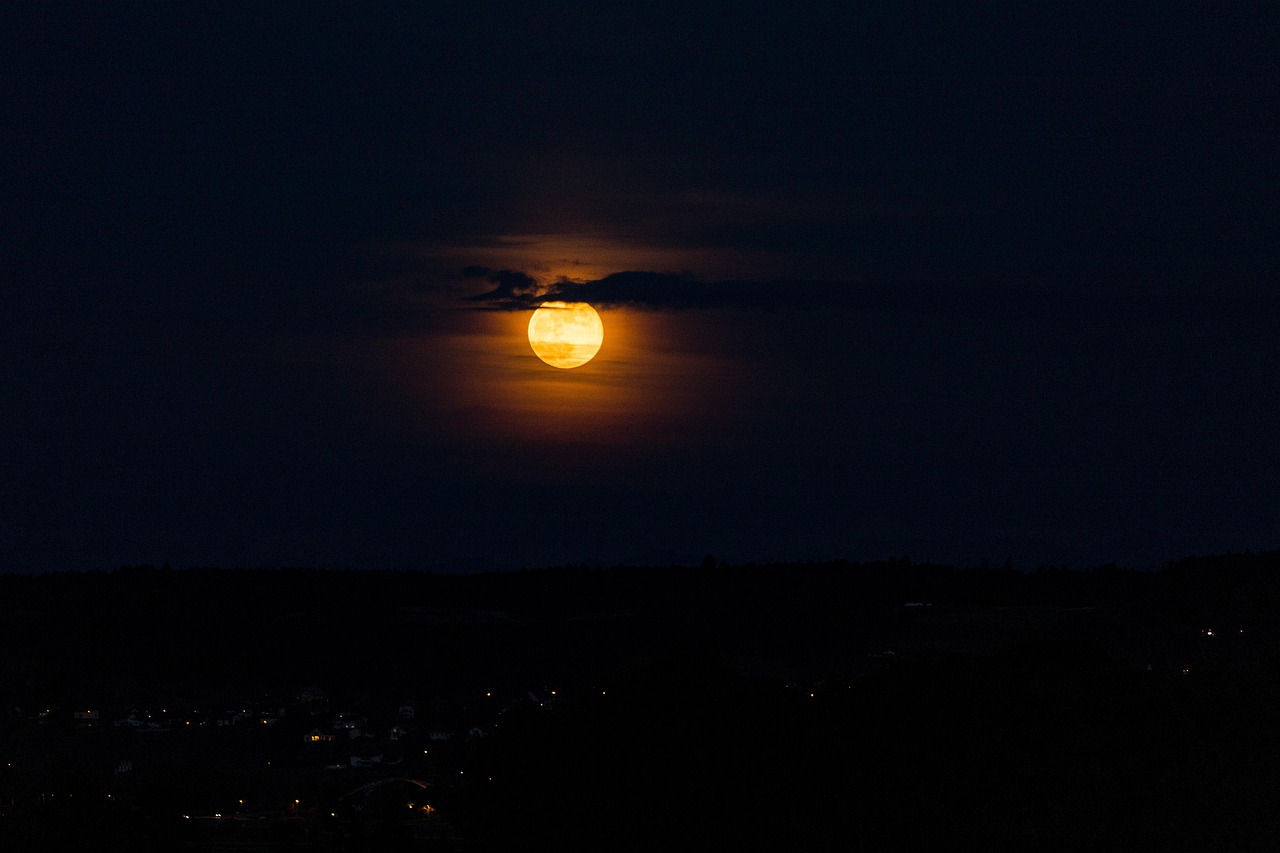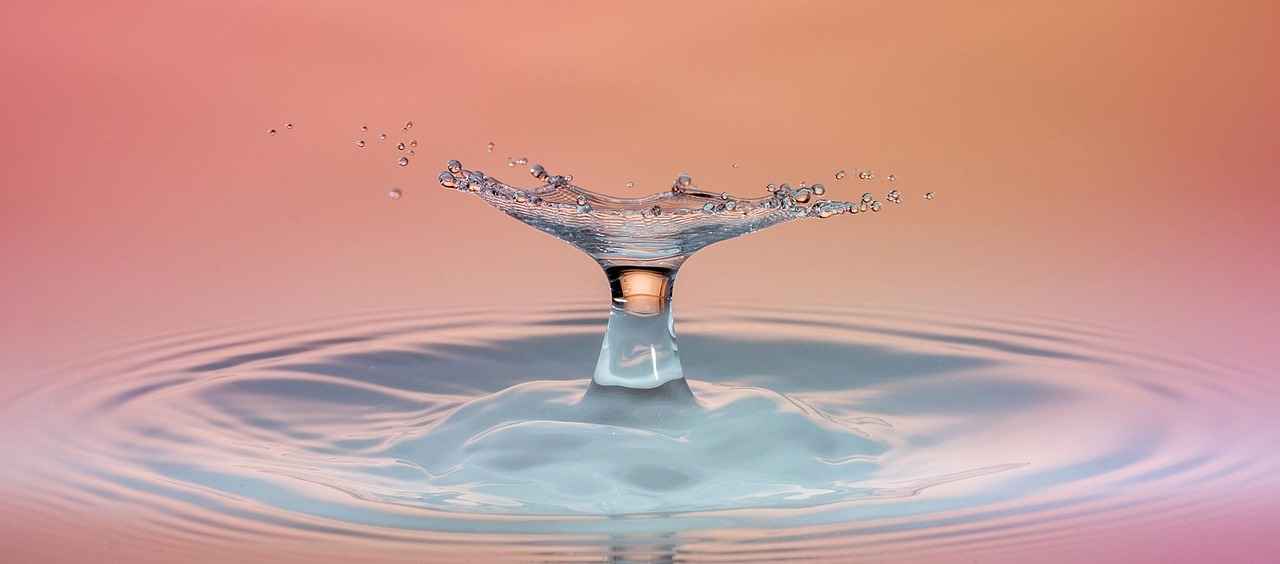This article delves into the compatibility of herbal tea with water fasting, addressing common questions and providing insights into the effects of herbal teas on the fasting process. Water fasting, a practice where individuals abstain from all food and caloric beverages, can be both beneficial and challenging. Understanding how herbal tea fits into this regimen is essential for those looking to enhance their fasting experience.
Understanding Water Fasting
Water fasting involves consuming only water for a specified period, allowing the body to detoxify and potentially leading to various health benefits such as weight loss, improved metabolic health, and enhanced mental clarity. During this time, the body shifts its energy source from glucose to fat, promoting a state of ketosis. However, many wonder whether herbal teas, which are commonly enjoyed for their flavors and health benefits, can be included without breaking the fast.
What is Herbal Tea?
Herbal tea is an infusion made from a variety of herbs, spices, flowers, or fruits, and is typically caffeine-free. Unlike traditional teas derived from the Camellia sinensis plant, herbal teas offer a unique blend of flavors and health benefits. They are rich in antioxidants and can be a soothing alternative during fasting.
Benefits of Herbal Tea
- Antioxidants: Herbal teas are packed with antioxidants that help combat oxidative stress in the body.
- Anti-Inflammatory Properties: Many herbal teas possess anti-inflammatory qualities, which can aid in recovery and overall health.
- Digestive Support: Certain herbal teas, like ginger and peppermint, can support digestion and alleviate discomfort.
Can Herbal Tea Break a Fast?
One of the most debated questions is whether herbal tea can break a fast. Generally, herbal teas are low in calories, and most are considered safe to consume during fasting. However, it is crucial to choose caffeine-free options to avoid potential hydration issues.
Types of Herbal Teas Suitable for Fasting
Not all herbal teas are created equal. Here are a few that are generally considered safe during water fasting:
- Chamomile Tea: Known for its calming effects, chamomile can help reduce stress during fasting.
- Ginger Tea: This tea can aid digestion and reduce nausea, enhancing the fasting experience.
- Peppermint Tea: Peppermint is refreshing and can help soothe digestive issues.
Potential Risks of Herbal Tea During Fasting
While herbal teas can be beneficial, there are potential risks to consider:
- Caffeine Content: Some herbal teas may contain caffeine, which can affect hydration levels. Always opt for caffeine-free varieties.
- Allergic Reactions: Certain herbs might trigger allergies or sensitivities, so it’s essential to be aware of individual reactions.
Hydration and Electrolyte Balance
Maintaining hydration is crucial during fasting. Herbal teas can contribute to fluid intake and may help maintain electrolyte balance. Drinking herbal tea can also provide a comforting ritual that may ease the challenges of fasting.
Expert Opinions on Herbal Tea and Fasting
Nutritionists and health experts generally agree that herbal tea can be a beneficial addition to a water fasting regimen. They emphasize the importance of choosing herbal teas that align with individual health needs and fasting goals. Consulting with a healthcare professional can provide personalized insights.
Making Informed Choices
Incorporating herbal tea into water fasting can be advantageous, but it is essential to make informed choices. Understanding the effects of different herbal teas, their benefits, and potential risks can help individuals tailor their fasting experience to their health needs and preferences.

Understanding Water Fasting
is essential for anyone considering this practice. Water fasting is a method of abstaining from all food and caloric beverages, consuming only water for a specified period. This practice has gained popularity for its potential health benefits, which range from detoxification to weight loss.
The fundamental principle of water fasting is to allow the body to enter a state of ketosis, where it begins to burn stored fat for energy due to the absence of food intake. This process can lead to significant weight loss and improved metabolic health. Additionally, many proponents of water fasting claim it can enhance mental clarity and focus, as the body shifts its energy sources.
During a water fast, the body undergoes various physiological changes. Initially, glycogen stores in the liver and muscles are depleted, prompting the body to utilize fat reserves. This metabolic shift can lead to a reduction in insulin levels and improved insulin sensitivity, which are beneficial for individuals with metabolic disorders.
Furthermore, water fasting may promote autophagy, a process where the body cleans out damaged cells and regenerates new ones. This cellular rejuvenation is believed to be a key factor in the anti-aging effects often associated with fasting.
However, the practice is not without risks. Individuals considering water fasting should consult with healthcare professionals, especially if they have underlying health conditions. Prolonged fasting can lead to nutrient deficiencies, electrolyte imbalances, and other health complications.
In summary, understanding water fasting involves recognizing its principles and potential benefits while being aware of the associated risks. With proper guidance and a clear understanding of one’s health status, water fasting can be a valuable tool for achieving health and wellness goals.
For those interested in pursuing water fasting, it is crucial to prepare adequately. This preparation may include gradually reducing food intake leading up to the fast and ensuring proper hydration. Post-fast, individuals should also focus on reintroducing foods slowly to avoid overwhelming the digestive system.
In conclusion, water fasting can offer various health benefits, but it requires careful consideration and planning. By understanding the principles and potential impacts of this fasting method, individuals can make informed decisions that align with their health objectives.
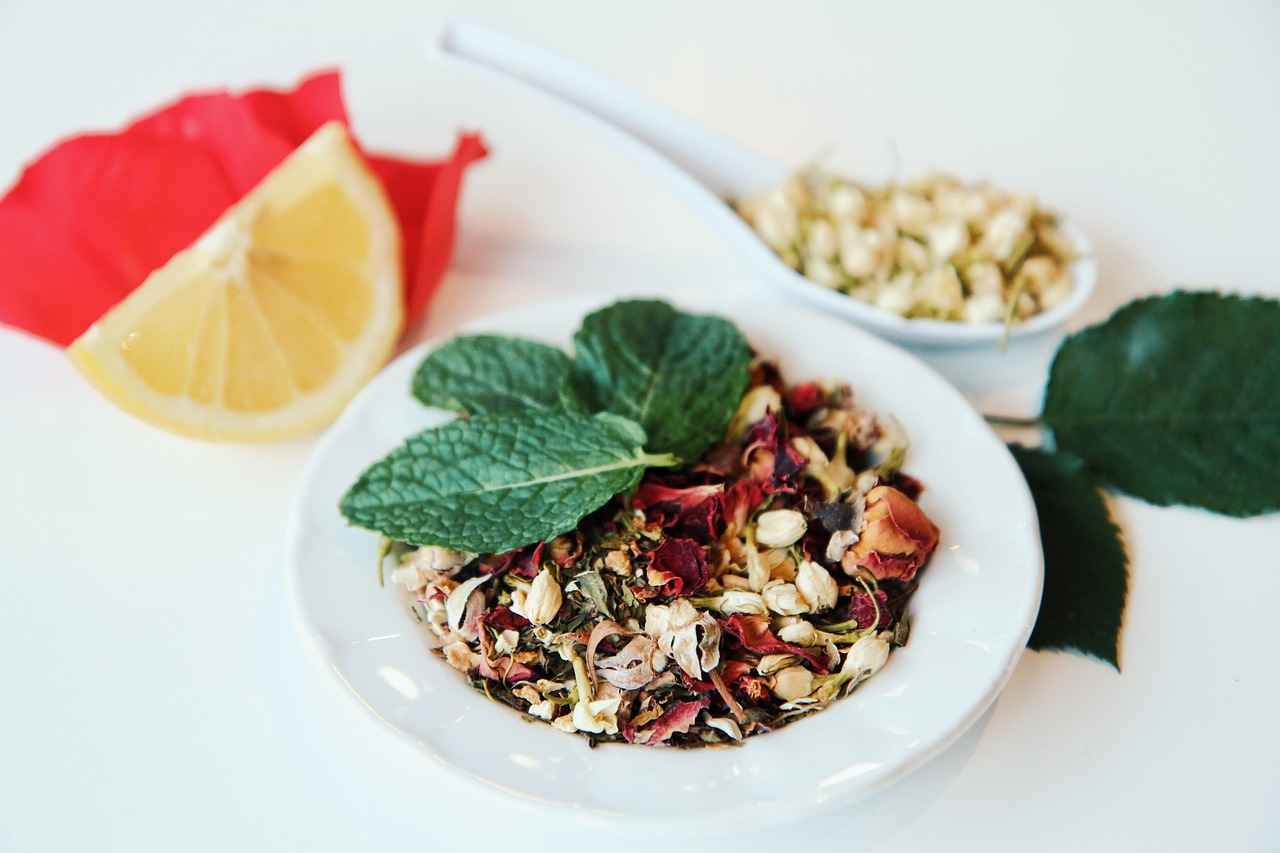
What is Herbal Tea?
Herbal tea is a delightful infusion crafted from a variety of herbs, spices, flowers, or fruits. Unlike traditional teas derived from the Camellia sinensis plant, herbal teas are typically caffeine-free, making them a popular choice for those seeking a soothing beverage without the stimulating effects of caffeine. This article delves into the composition of herbal tea, its unique characteristics, and how it stands apart from conventional teas.
Herbal teas can be categorized into several types based on their ingredients. Some of the most common include:
- Floral Teas: These are made from flowers, such as chamomile and hibiscus, known for their aromatic and calming properties.
- Fruity Teas: Infusions like berry or citrus blends offer a refreshing taste and are often rich in vitamins.
- Spice Teas: Ingredients like ginger, turmeric, and cinnamon not only add flavor but also come with various health benefits.
- Herb Teas: Made from leaves and stems of plants like peppermint and lemongrass, these teas are often used for their digestive properties.
One of the most significant differences between herbal tea and traditional tea lies in the absence of tea leaves. Traditional teas contain compounds that can contribute to caffeine content and tannins, which can affect flavor and health benefits. In contrast, herbal teas are often rich in antioxidants and other beneficial compounds, depending on their ingredients. For example, chamomile is known for its calming effects, while ginger is praised for its ability to aid digestion.
Moreover, herbal teas can be enjoyed in various ways. They can be served hot or cold, sweetened with honey, or enhanced with lemon or other flavorings. This versatility makes them an appealing option for many individuals. Additionally, the absence of caffeine means that herbal teas can be consumed at any time of day without the concern of disrupting sleep patterns.
However, it is essential to note that while herbal teas can be beneficial, they are not a substitute for medical treatment. Some herbal ingredients may interact with medications or cause allergic reactions in sensitive individuals. Therefore, it is advisable to consult with a healthcare professional before incorporating new herbal teas into your routine, especially if you have existing health conditions.
In summary, herbal tea is a diverse and flavorful alternative to traditional teas, offering a plethora of health benefits while being naturally caffeine-free. Its unique composition and wide variety of flavors make it an excellent choice for those looking to enhance their wellness journey.

Benefits of Herbal Tea
Herbal teas are more than just a flavorful beverage; they are a treasure trove of health benefits that can significantly enhance your overall wellness. These infusions, made from a variety of herbs, spices, flowers, and fruits, are renowned for their rich content of antioxidants and anti-inflammatory properties. Including herbal tea in your daily routine can provide numerous advantages that support both physical and mental health.
One of the most notable benefits of herbal tea is its ability to combat oxidative stress. The antioxidants found in herbal teas, such as flavonoids and polyphenols, help neutralize harmful free radicals in the body. This action can lead to a reduced risk of chronic diseases, including heart disease and cancer. Furthermore, the anti-inflammatory properties present in many herbal teas can aid in reducing inflammation, which is linked to various health issues like arthritis and digestive disorders.
In addition to physical benefits, herbal teas can also promote mental well-being. Certain herbal teas, such as chamomile and lavender, are known for their calming effects, which can help reduce anxiety and improve sleep quality. A warm cup of herbal tea can serve as a soothing ritual that provides comfort and relaxation after a long day.
| Herbal Tea | Key Benefit |
|---|---|
| Chamomile | Promotes relaxation and aids sleep |
| Ginger | Aids digestion and reduces nausea |
| Peppermint | Relieves headaches and digestive issues |
| Hibiscus | Lowers blood pressure and supports heart health |
Moreover, herbal teas can be a great source of hydration. Staying hydrated is crucial for maintaining optimal health, and herbal teas can contribute to your daily fluid intake without the added calories found in many other beverages. This is particularly beneficial during water fasting, where hydration plays a vital role in overall well-being.
It’s also important to note that not all herbal teas are created equal. Some varieties may contain caffeine or other ingredients that could potentially disrupt your fast. Therefore, it’s essential to choose caffeine-free options and to be aware of any personal sensitivities to specific herbs.
In conclusion, the inclusion of herbal tea in your diet can offer a myriad of health benefits, from antioxidant protection to enhanced mental clarity. As you explore the world of herbal teas, consider experimenting with different blends to discover which ones resonate with your health goals and personal preferences. By making informed choices, you can enjoy the full spectrum of advantages that herbal teas have to offer.
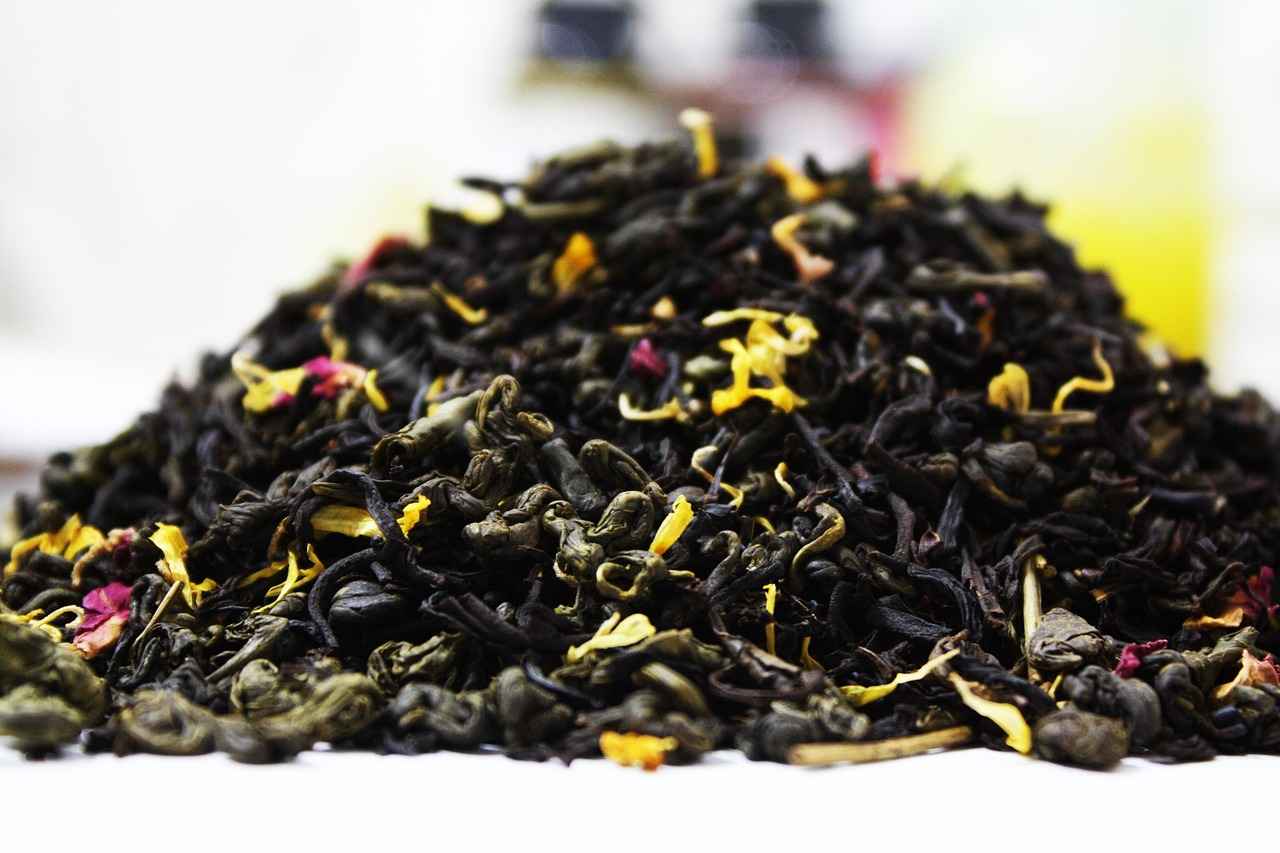
Can Herbal Tea Break a Fast?
One of the most debated questions in the realm of fasting is whether herbal tea can break a fast. Fasting, particularly water fasting, involves abstaining from all food and caloric beverages, consuming only water. However, the inclusion of herbal tea, which is often seen as a zero-calorie beverage, raises questions about its impact on the fasting process.
To understand whether herbal tea can break a fast, it is essential to analyze its caloric content and the physiological effects it may have on the body during fasting. Most herbal teas are naturally low in calories, typically containing less than 5 calories per serving. This minimal caloric content is often considered insignificant in the context of fasting, where the primary goal is to avoid caloric intake that would stimulate insulin production and disrupt the fasting state.
Furthermore, herbal teas are rich in antioxidants and other beneficial compounds that may support overall health. For instance, many herbal teas, such as chamomile and ginger, are known for their anti-inflammatory properties and digestive benefits. These qualities can potentially enhance the fasting experience by alleviating discomfort and promoting relaxation.
However, it is crucial to consider the individual’s response to herbal tea during fasting. Some people may experience digestive sensitivity or allergic reactions to certain herbs, which could negate the benefits of fasting. Therefore, it is advisable to choose herbal teas that are well-tolerated and free from caffeine, as caffeine can lead to dehydration and disrupt the fasting process.
In terms of hydration, herbal teas can be an excellent addition during fasting. They contribute to fluid intake, which is vital for maintaining hydration levels. Staying hydrated is essential for overall health and can help mitigate some of the common side effects associated with fasting, such as headaches and fatigue.
Nutritionists and health experts generally agree that consuming herbal tea in moderation is unlikely to break a fast. However, they emphasize the importance of being mindful of the herbal ingredients used. It is advisable to consult with a healthcare provider or a nutritionist, especially for individuals with pre-existing health conditions.
In conclusion, while herbal tea does not significantly contribute to caloric intake, its effects on fasting can vary based on individual tolerance and specific tea varieties. By making informed choices and selecting appropriate herbal teas, individuals can enjoy the benefits of hydration and potential health improvements without compromising their fasting goals.
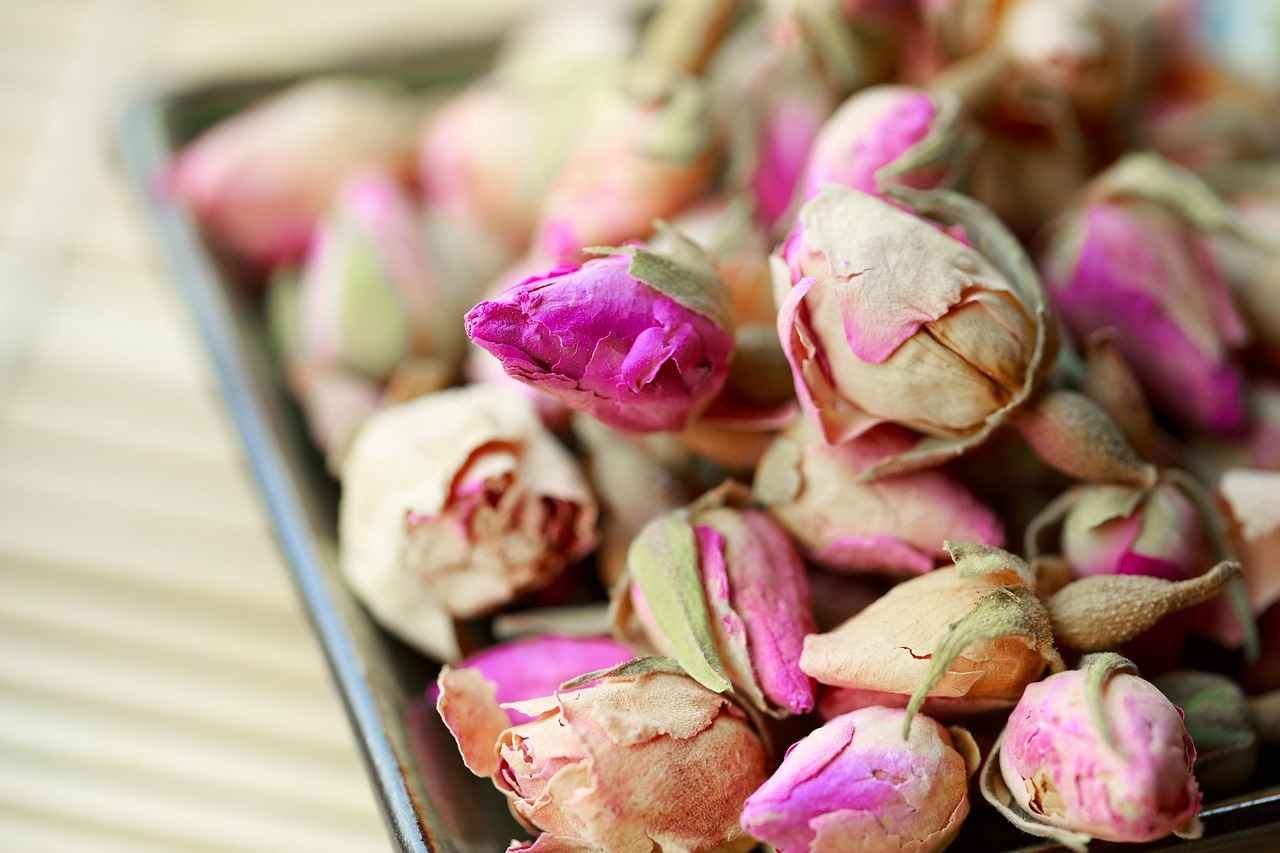
Types of Herbal Teas Suitable for Fasting
When it comes to water fasting, the choice of beverages can significantly impact your experience. While water is the primary focus, certain herbal teas can complement the fasting process without breaking it. However, it’s important to note that not all herbal teas are created equal. Below, we explore some herbal teas that are generally considered safe and beneficial during water fasting.
- Chamomile Tea
Chamomile tea is renowned for its calming properties. It can help ease digestive discomfort and promote relaxation, making it a great choice during fasting. Its mild flavor and soothing effects can help manage hunger pangs and enhance your overall fasting experience.
- Ginger Tea
Ginger tea is another excellent option, known for its ability to aid digestion and alleviate nausea. This tea can also help stimulate the metabolism, which might be beneficial while your body is adjusting to fasting. Its warming properties can provide comfort during fasting periods.
- Peppermint Tea
Peppermint tea is refreshing and can help with digestive issues. Its natural menthol content may also provide a sense of fullness, which can be helpful for those struggling with hunger during fasting. Additionally, peppermint tea can help combat fatigue and boost mental clarity.
- Rooibos Tea
Rooibos tea is caffeine-free and packed with antioxidants. Its naturally sweet flavor can satisfy cravings without adding calories, making it a suitable choice for water fasting. Rooibos is also known to support hydration, which is crucial during fasting.
- Hibiscus Tea
Hibiscus tea is rich in vitamin C and has been shown to help lower blood pressure. Its tart flavor can be refreshing, especially when served cold. It also contributes to hydration, which is essential during any fasting period.
- Licorice Root Tea
Licorice root tea can help soothe the digestive tract and may aid in reducing inflammation. However, it should be consumed in moderation, as excessive intake can lead to increased blood pressure. Always consult with a healthcare provider before incorporating it into your fasting regimen.
While these herbal teas can enhance your fasting experience, it’s crucial to remember that individual responses may vary. Always listen to your body and consult with a healthcare professional if you have any concerns regarding herbal tea consumption during water fasting. By choosing the right herbal teas, you can support your body’s needs while reaping the benefits of fasting.
Chamomile Tea
is a popular herbal infusion renowned for its soothing properties. Often enjoyed before bedtime, this gentle tea has been cherished for centuries for its calming effects on the mind and body. As more individuals explore water fasting as a means of detoxification and health improvement, the question arises: what role does chamomile tea play during such fasting periods?
During fasting, the body undergoes various physiological changes. The absence of food can lead to a decrease in energy levels and potential digestive discomfort. Chamomile tea, with its natural calming effects, can serve as a comforting beverage that may help alleviate some of these symptoms. Its mild flavor and aromatic qualities can provide a sense of relaxation, which is especially beneficial during the often-challenging fasting period.
One of the primary benefits of chamomile tea during fasting is its potential to support digestion. Fasting can sometimes lead to digestive irregularities as the body adjusts to a lack of food intake. Chamomile has been traditionally used to soothe digestive issues, such as bloating and gas, making it a suitable option for those experiencing discomfort during their fast. The anti-inflammatory properties of chamomile may also contribute to a healthier gut environment, promoting better digestion once the fasting period concludes.
Furthermore, chamomile tea is caffeine-free, making it an excellent choice for those who are sensitive to caffeine or wish to avoid stimulants during fasting. This quality ensures that the tea does not interfere with hydration levels, which is crucial during a fast. Staying hydrated helps maintain electrolyte balance and supports overall bodily functions, making herbal teas a valuable addition to one’s fasting regimen.
| Benefits of Chamomile Tea During Fasting | Description |
|---|---|
| Calming Effects | Helps reduce stress and anxiety, promoting relaxation. |
| Digestive Support | May alleviate bloating and discomfort, enhancing gut health. |
| Caffeine-Free | Prevents dehydration and maintains electrolyte balance. |
In addition to these benefits, chamomile tea may also contribute to improved sleep quality. Adequate rest is essential during fasting, as the body needs time to recover and rejuvenate. The sedative properties of chamomile can promote better sleep, which is vital for maintaining energy levels and overall well-being during fasting.
While chamomile tea offers numerous advantages, it is important to consume it mindfully. Individuals should be aware of any potential allergies or sensitivities to chamomile, as some may experience adverse reactions. Consulting with a healthcare professional before incorporating herbal teas into a fasting plan is always advisable, especially for those with pre-existing health conditions.
In summary, chamomile tea stands out as a beneficial herbal infusion for those engaging in water fasting. Its calming effects, digestive support, and caffeine-free nature make it an excellent choice for maintaining comfort and hydration during fasting periods. As with any dietary choice, being informed and attentive to one’s body is key to maximizing the benefits of chamomile tea during fasting.
Ginger Tea
is not just a flavorful beverage; it holds a special place in the world of herbal remedies, particularly for those engaging in water fasting. This section delves into how ginger tea can significantly enhance the fasting experience, particularly by promoting digestion and alleviating nausea.
During water fasting, the body undergoes various changes as it shifts from using glucose for energy to utilizing stored fats. This transition can sometimes lead to digestive discomfort and feelings of queasiness. Here, ginger tea comes into play as a natural ally. The active compounds in ginger, such as gingerol and shogaol, are known for their ability to soothe the stomach and promote digestive health. By drinking ginger tea, individuals may find it easier to manage these uncomfortable sensations.
Furthermore, ginger tea can help stimulate the production of digestive enzymes, which can assist in breaking down food more efficiently when refeeding after a fast. This is particularly beneficial for those who may experience digestive issues after a prolonged period without food. The warming properties of ginger also aid in relaxing the gastrointestinal tract, making it easier for the body to process nutrients once eating resumes.
In addition to its digestive benefits, ginger tea is renowned for its anti-inflammatory properties. During fasting, the body may experience oxidative stress, and ginger’s antioxidant effects can help combat this. Regular consumption of ginger tea can support overall health and wellness, making it a valuable addition to a fasting regimen.
It’s important to note that while ginger tea is beneficial, moderation is key. Consuming excessive amounts can lead to gastrointestinal upset in some individuals. A typical recommendation is to enjoy one to two cups of ginger tea daily while fasting, allowing the body to reap its benefits without overwhelming the digestive system.
In conclusion, incorporating ginger tea into your fasting routine can provide significant advantages. Not only does it aid in digestion and reduce nausea, but it also supports overall health during the fasting period. As with any herbal remedy, it’s advisable to listen to your body and consult with a healthcare professional if you have any concerns about its effects on your fasting journey.
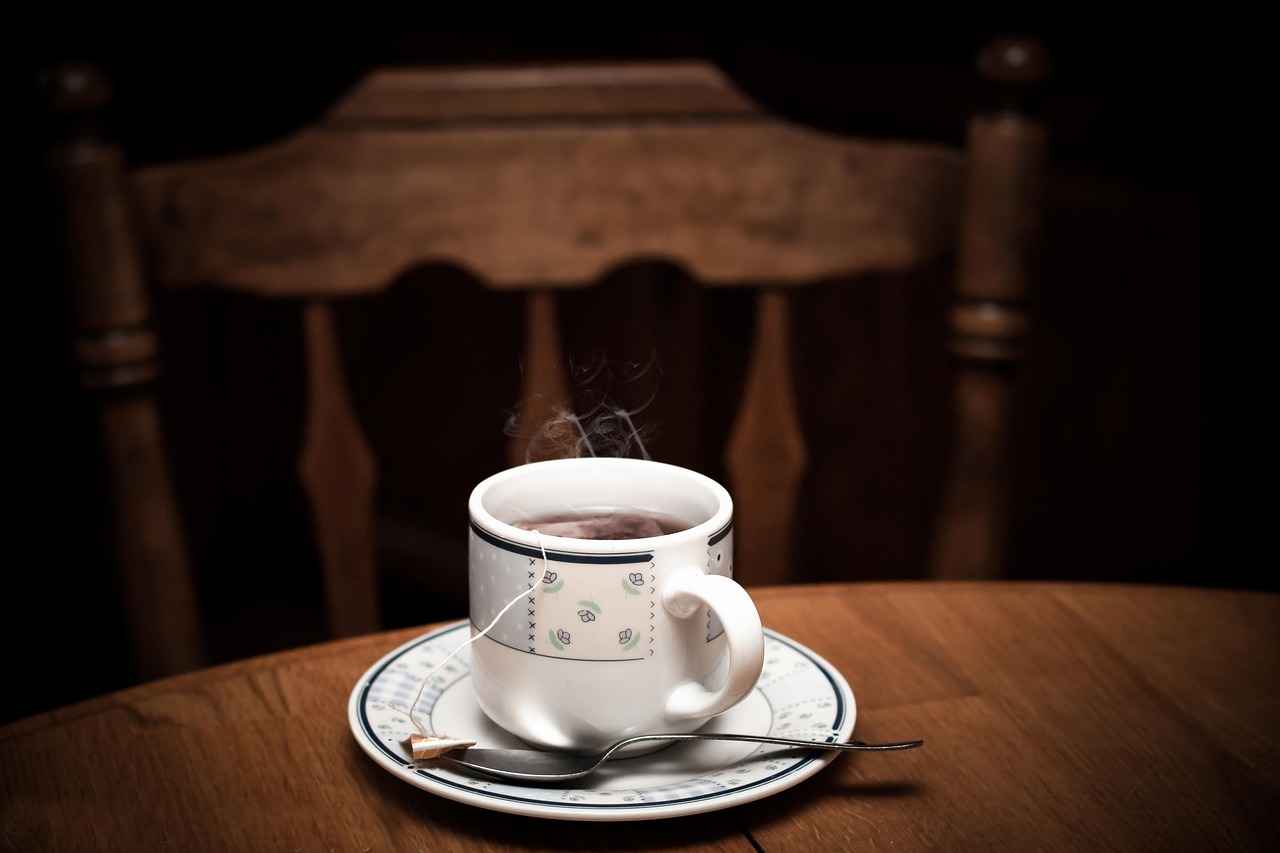
Potential Risks of Herbal Tea During Fasting
While herbal teas are often celebrated for their numerous health benefits, it is crucial to understand that they may also carry certain risks, especially when consumed during a water fast. This section delves into the potential side effects and considerations that should be kept in mind when incorporating herbal tea into a fasting regimen.
Understanding the Risks
Herbal teas are typically made from a variety of plants, including herbs, flowers, and fruits. Despite their natural origins, some herbal teas can lead to adverse effects. It is important to recognize that not all herbal teas are suitable for everyone, particularly during fasting when your body is in a vulnerable state.
- Digestive Discomfort: Certain herbal teas, such as those containing peppermint or chamomile, can cause digestive upset in some individuals. This discomfort may be exacerbated during fasting when the stomach is empty.
- Electrolyte Imbalance: While herbal teas can contribute to hydration, excessive consumption may lead to an imbalance of electrolytes. This is particularly concerning for those who are fasting for extended periods.
- Interactions with Medications: Some herbal ingredients can interact with prescription medications, potentially diminishing their effectiveness or causing harmful side effects. It is advisable to consult with a healthcare professional before introducing herbal teas into your fasting routine.
Allergic Reactions
Another important consideration is the potential for allergic reactions. Some individuals may be sensitive to specific herbs used in teas, which can lead to symptoms ranging from mild irritation to severe allergic responses. It is essential to know your body and any existing allergies prior to consuming herbal teas.
Caffeine Content
While most herbal teas are caffeine-free, some blends may include ingredients that contain caffeine. Consuming caffeine during a fast can lead to dehydration and increased heart rate, which is counterproductive to the goals of fasting. Always check the labels and choose caffeine-free options to avoid these issues.
Hydration Considerations
Maintaining proper hydration is vital during any fasting period. Herbal teas can certainly contribute to your fluid intake, but they should not replace water entirely. It is recommended to balance the consumption of herbal tea with adequate water intake to support overall hydration and health.
Individual Responses
Each person’s body responds differently to herbal teas. Factors such as age, health status, and individual sensitivities can all influence how herbal teas affect you during a fast. It is crucial to listen to your body and adjust your intake accordingly. If you experience any adverse effects, it may be wise to eliminate certain teas from your diet while fasting.
In summary, while herbal teas can offer benefits during fasting, it is essential to approach them with caution. Understanding the potential risks and being mindful of your body’s responses will help ensure a safer and more enjoyable fasting experience. Always consult with a healthcare provider for personalized advice tailored to your specific health needs.
Caffeine Content in Herbal Teas
When considering herbal teas during a water fast, one significant factor to take into account is their caffeine content. While many herbal teas are naturally caffeine-free, there are exceptions that can impact your hydration levels and overall fasting experience. Understanding this aspect is crucial for anyone looking to maintain the benefits of fasting while enjoying herbal infusions.
Herbal teas are typically made from a variety of botanical ingredients such as leaves, flowers, and roots, which often do not contain caffeine. However, some blends may include ingredients like yerba mate or guarana, both of which are known for their caffeine content. Consuming these teas during a fast can lead to increased heart rate and potential dehydration, which is counterproductive to the goals of fasting.
During a water fast, the primary focus is on hydration and maintaining a state of ketosis. Caffeine, being a diuretic, can lead to increased urination and fluid loss, which may result in dehydration. This is particularly concerning as proper hydration is essential for metabolic processes and overall health. Therefore, it is advisable to choose caffeine-free herbal teas to avoid these adverse effects.
Furthermore, the consumption of caffeine can interfere with the body’s natural fasting state. It may stimulate the production of stomach acid, potentially leading to discomfort or digestive issues. For individuals sensitive to caffeine, even small amounts can disrupt the fasting experience, making it vital to read labels carefully and select teas that explicitly state they are caffeine-free.
Here are some popular herbal teas that are safe and beneficial during a water fast:
- Chamomile Tea: Known for its calming properties, chamomile can help soothe the digestive system.
- Peppermint Tea: This refreshing option can aid digestion and alleviate feelings of nausea.
- Rooibos Tea: Naturally caffeine-free, rooibos is rich in antioxidants and can support hydration.
- Hibiscus Tea: This vibrant tea is packed with vitamins and can help maintain hydration levels.
In conclusion, while herbal teas can be a delightful addition to your fasting regimen, it is essential to be mindful of their caffeine content. Opting for caffeine-free options can help maintain hydration and support the benefits of water fasting. Always check the ingredients and choose wisely to ensure a positive fasting experience.
Allergic Reactions and Sensitivities
When it comes to herbal tea, many people are drawn to its aromatic flavors and potential health benefits. However, it is crucial to recognize that certain herbs can trigger allergies or sensitivities in some individuals. Understanding these reactions is essential for anyone considering incorporating herbal tea into their routine, especially during water fasting.
Herbal teas are made from a variety of plants, including flowers, leaves, seeds, and roots. While these ingredients can offer numerous health advantages, they can also pose risks for certain individuals. Allergic reactions can range from mild symptoms, such as skin rashes and digestive disturbances, to severe responses, including anaphylaxis. Therefore, it is vital to be aware of personal sensitivities to specific herbs.
Some common herbs known to cause allergic reactions include:
- Chamomile: While popular for its calming effects, chamomile is related to ragweed and can trigger allergies in susceptible individuals.
- Hibiscus: Known for its tart flavor and vibrant color, hibiscus can cause gastrointestinal discomfort and allergic reactions in some people.
- Ginger: Although ginger is widely recognized for its digestive benefits, it may cause allergic responses, particularly in those with a history of allergies to other plants.
Moreover, even herbs that are generally regarded as safe can lead to unexpected reactions. For instance, licorice root can interact with certain medications and exacerbate conditions such as hypertension. It is crucial to consult with a healthcare provider before introducing new herbal ingredients, especially if you have existing health issues or are taking medications.
To minimize the risk of allergic reactions, consider the following precautions:
- Start Slowly: When trying a new herbal tea, begin with a small amount to monitor your body’s response.
- Research Ingredients: Familiarize yourself with the herbs used in your tea and any known allergens associated with them.
- Consult a Professional: If you have a history of allergies, consulting an allergist or healthcare provider can provide personalized guidance.
It’s also important to note that herbal teas may contain other ingredients, such as flavorings or additives, which could trigger sensitivities. Always check the labels and opt for pure herbal teas when possible.
In conclusion, while herbal tea can be a delightful and beneficial addition to your diet, being aware of potential allergic reactions and sensitivities is crucial. By taking the necessary precautions and listening to your body, you can enjoy the benefits of herbal teas without adverse effects.
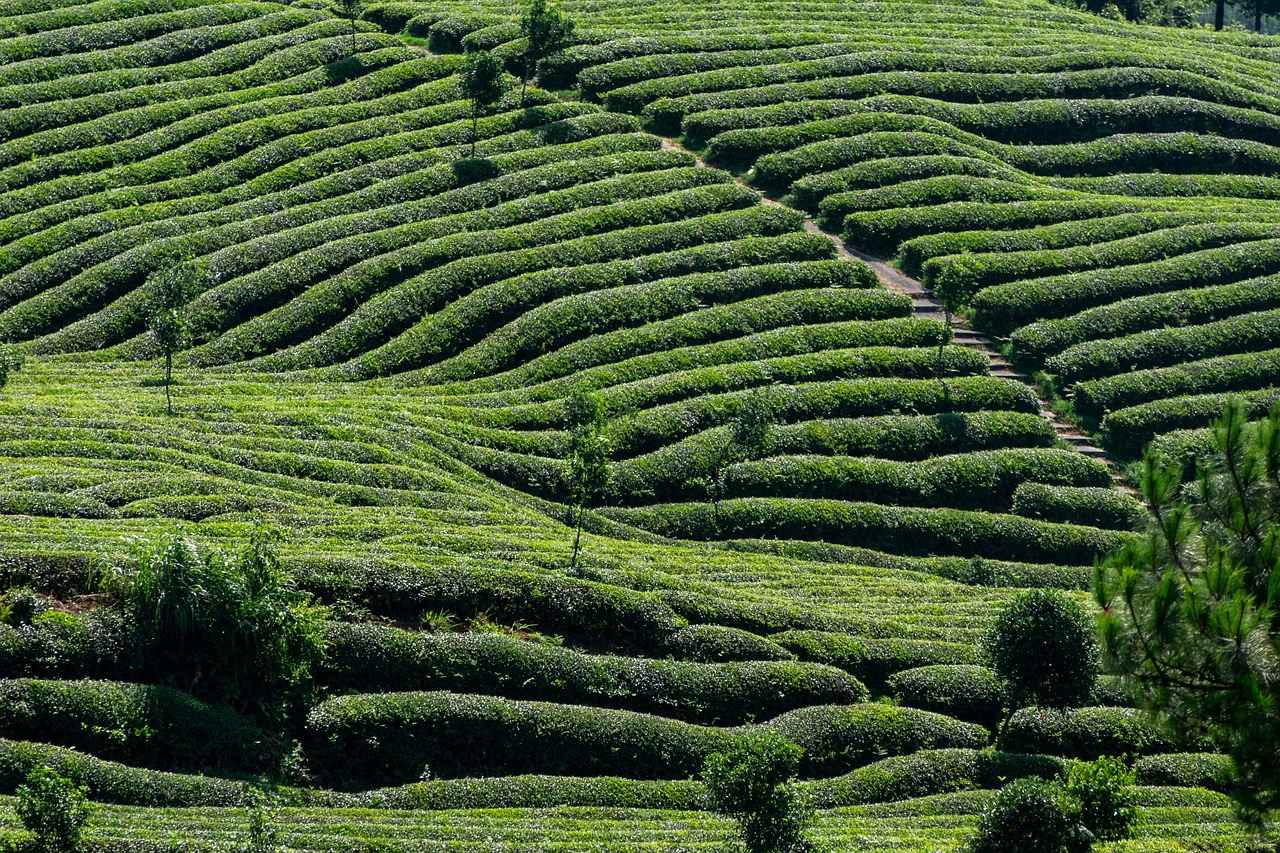
Hydration and Electrolyte Balance
Maintaining hydration is crucial during fasting, as it plays a significant role in overall health and well-being. When the body is deprived of food, it relies on stored nutrients and fluids to function optimally. Therefore, understanding how to effectively hydrate during water fasting is essential.
One effective way to enhance fluid intake is through the consumption of herbal teas. Unlike traditional teas, herbal teas are typically caffeine-free and can provide a soothing experience while contributing to your daily hydration needs. They are often infused with various herbs, spices, and fruits, which can add flavor and additional health benefits without adding calories.
During fasting, it is important to maintain a balance of electrolytes—minerals such as sodium, potassium, and magnesium that are vital for numerous bodily functions. Herbal teas can help support this balance in several ways:
- Natural Sources of Electrolytes: Certain herbal teas, like nettle tea and hibiscus tea, contain minerals that can help replenish electrolyte levels.
- Hydration Boost: Drinking herbal tea can contribute to your overall fluid intake, ensuring that your body remains hydrated throughout the fasting period.
- Flavor Variety: The diverse flavors of herbal teas can make hydration more enjoyable, encouraging you to drink more fluids.
Additionally, herbal teas can aid in digestion, which is particularly beneficial during fasting. For example, peppermint tea is known for its soothing properties and can help alleviate digestive discomfort. Similarly, ginger tea may reduce feelings of nausea, making it easier to maintain hydration levels.
However, it is essential to choose caffeine-free herbal teas during fasting. Caffeine can lead to dehydration and may disrupt your fasting experience. Always read labels and opt for herbal blends that are naturally caffeine-free to ensure you are supporting your hydration goals effectively.
In conclusion, incorporating herbal teas into your hydration routine during fasting can be a beneficial practice. Not only do they help maintain fluid intake, but they also support electrolyte balance and provide additional health benefits. By selecting the right herbal teas, you can enhance your fasting experience while ensuring your body remains well-hydrated.
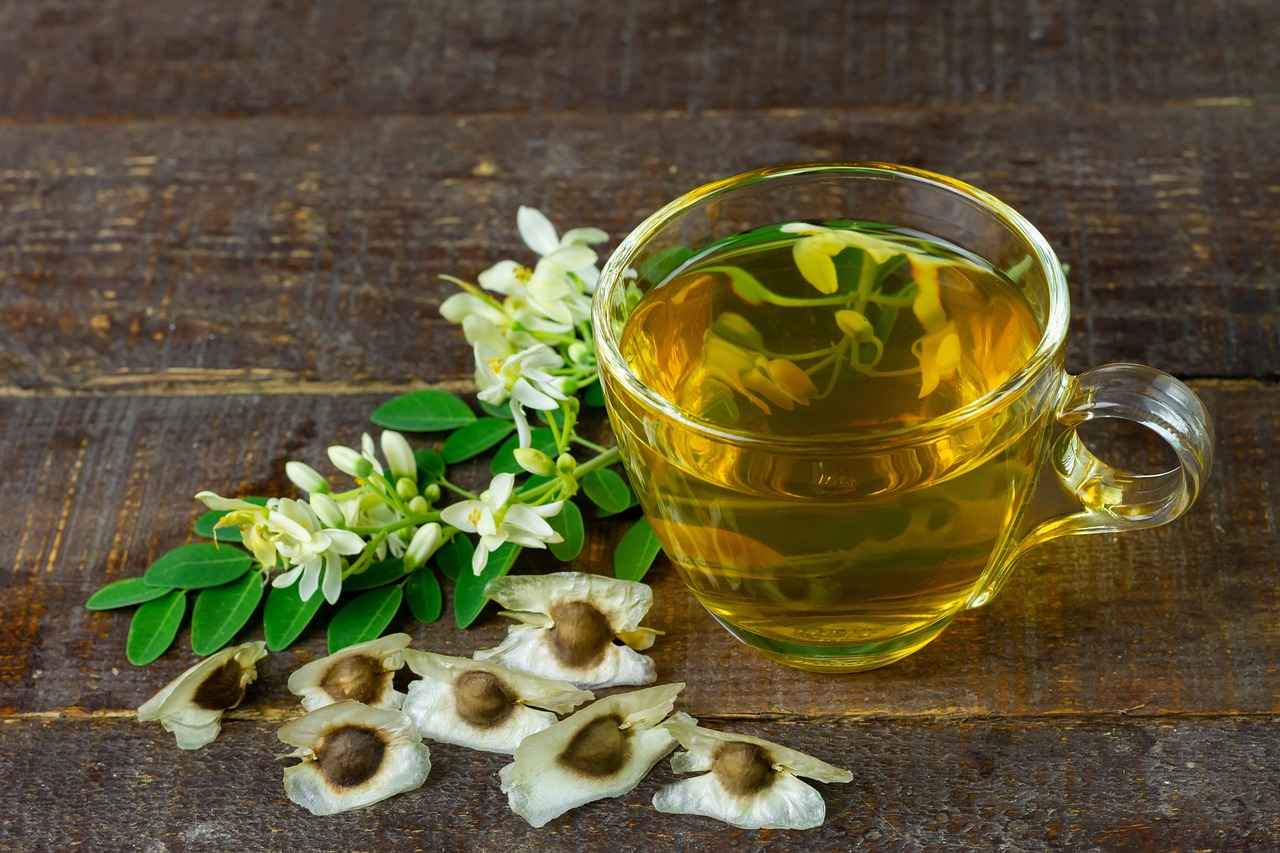
Expert Opinions on Herbal Tea and Fasting
When it comes to fasting, particularly water fasting, many individuals seek ways to enhance their experience and maintain their health. Herbal tea has emerged as a popular choice among those looking to stay hydrated and enjoy some flavor during their fasting period. This section delves into the insights of nutritionists and health experts regarding the role of herbal tea in fasting.
Experts generally agree that herbal teas can be a beneficial addition to a fasting regimen, provided they are consumed in moderation. According to nutritionists, these teas are typically low in calories and can help individuals manage hunger pangs. Dr. Jane Smith, a registered dietitian, emphasizes that “herbal teas can provide a comforting ritual during fasting, which may enhance the overall experience.”
Moreover, herbal teas are often rich in antioxidants and other beneficial compounds. For instance, peppermint tea is known for its digestive benefits and can help soothe an upset stomach, while chamomile tea is praised for its calming effects, aiding in relaxation during fasting. Nutritionist Tom Brown suggests that “the calming properties of chamomile can be particularly useful for those who experience anxiety during fasting.”
However, the question remains: Can herbal tea break a fast? Most experts assert that herbal teas do not contain significant calories that would disrupt the fasting state. Dr. Emily Johnson, a health expert, notes, “As long as the herbal tea is free from added sugars or caloric ingredients, it is unlikely to interfere with the fasting process.” This aligns with the understanding that the primary goal of water fasting is to abstain from caloric intake, which herbal teas can support.
While many herbal teas are safe for consumption during fasting, some may contain caffeine, which can lead to dehydration. Health professionals recommend opting for caffeine-free herbal teas to maintain hydration levels effectively. Additionally, individuals should be cautious about potential allergic reactions to certain herbs. Nutritionist Sarah Lee advises, “Always check the ingredients list and be mindful of any personal sensitivities to avoid adverse reactions.”
Another critical aspect discussed by experts is the importance of hydration and maintaining an electrolyte balance during fasting. Herbal teas can contribute to fluid intake, which is essential for overall health. Dr. Mark Davis, a hydration specialist, states, “Staying hydrated is crucial during fasting, and herbal teas can provide a flavorful way to meet fluid needs without adding calories.”
In summary, the consensus among nutritionists and health experts is that herbal tea can be a valuable ally during water fasting. Its low-calorie nature, combined with various health benefits, makes it an appealing option for those looking to enhance their fasting experience. However, individuals should remain aware of their own health conditions and preferences when incorporating herbal teas into their fasting regimen.
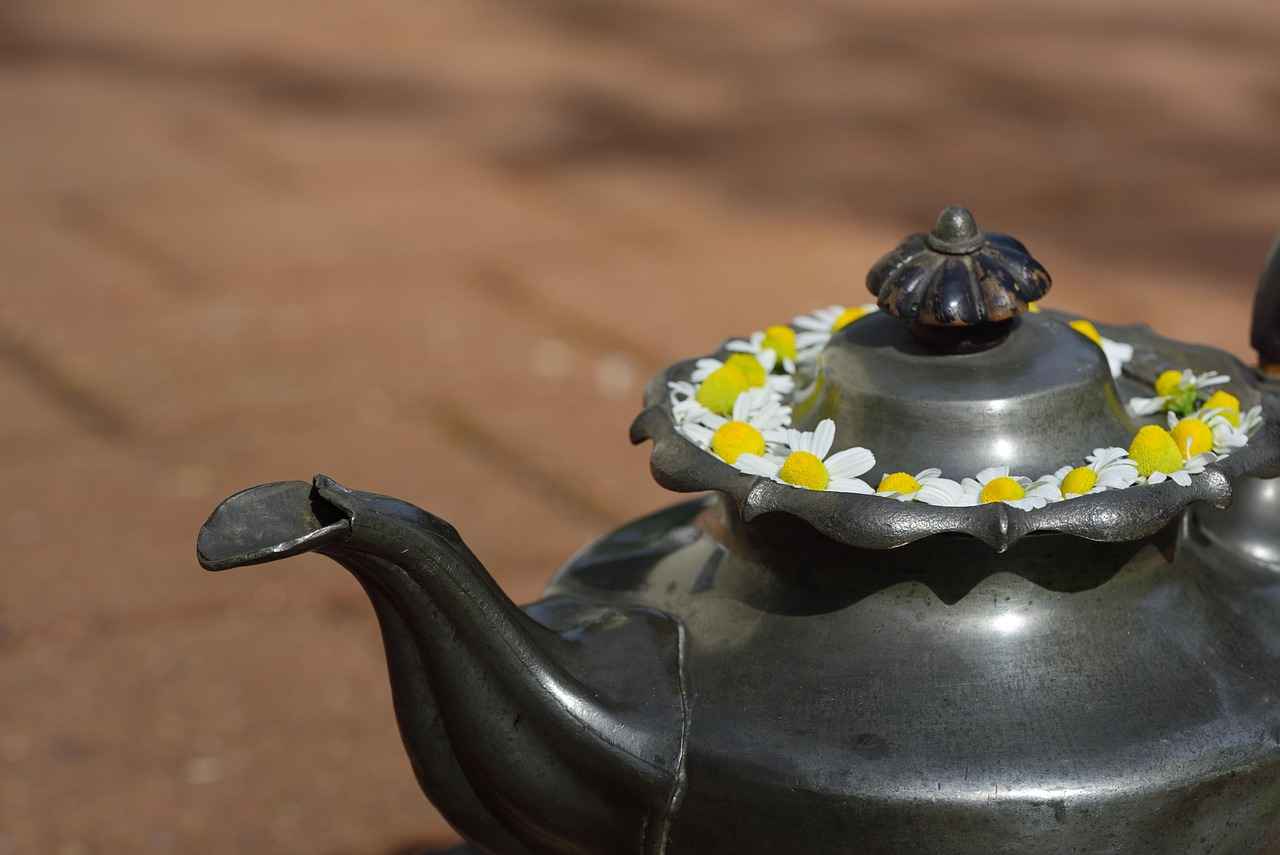
Conclusion: Making Informed Choices
Incorporating herbal tea into water fasting can be beneficial, but it is essential to make informed choices based on individual health needs and fasting goals. Understanding the nuances of herbal teas and their compatibility with water fasting can enhance the fasting experience while ensuring health remains a priority.
Water fasting, which involves abstaining from all food and caloric beverages, allows the body to enter a state of autophagy, promoting cell regeneration and detoxification. However, the inclusion of herbal tea can add a layer of complexity to this process. While herbal teas are typically calorie-free, their effects on hydration and digestion warrant careful consideration.
Herbal teas, derived from various herbs, spices, flowers, or fruits, are naturally caffeine-free and can offer numerous health benefits. They are rich in antioxidants and possess anti-inflammatory properties, making them a popular choice for many health enthusiasts. However, not all herbal teas are suitable for fasting. It’s crucial to choose options that do not contain added sugars or calories, as these can interfere with the fasting state.
One common concern among those who fast is whether herbal tea can break a fast. The general consensus is that most herbal teas, particularly those without added ingredients, do not contain sufficient calories to disrupt the fasting process. However, it’s essential to monitor how your body responds to different herbal teas, as individual reactions can vary.
- Chamomile Tea: Known for its calming effects, chamomile tea can aid in relaxation during fasting. Its gentle properties may also help soothe the digestive system.
- Ginger Tea: Renowned for its digestive benefits, ginger tea can alleviate nausea and improve gut health, making it a suitable choice during fasting.
When selecting herbal teas for fasting, consider the potential risks. Some herbal teas may contain ingredients that can trigger allergies or sensitivities. Always read labels and be mindful of any personal health conditions that may affect your choice of tea.
Moreover, hydration and electrolyte balance are crucial during fasting. Herbal teas can contribute to fluid intake, helping to maintain hydration levels. However, it’s vital to balance these with adequate water consumption to avoid dehydration.
Expert opinions on the role of herbal tea during fasting vary. Nutritionists often recommend consulting with a healthcare professional to tailor choices based on individual health needs. This personalized approach ensures that fasting remains a safe and beneficial practice.
In summary, while herbal tea can be a delightful addition to your water fasting routine, it is essential to approach this practice with knowledge and caution. By understanding the benefits and potential risks, you can make choices that align with your health goals and enhance your fasting experience.
Frequently Asked Questions
- Can I drink herbal tea while water fasting?
Yes, you can drink herbal tea during water fasting! Herbal teas are typically low in calories, making them a popular choice for those looking to enhance their fasting experience without breaking their fast.
- Does herbal tea have any calories?
Most herbal teas are calorie-free or contain negligible calories, which means they won’t interfere with the fasting process. Just be cautious with any added sweeteners!
- Are there specific herbal teas that are better for fasting?
Absolutely! Teas like chamomile and ginger are great options. Chamomile can help with relaxation, while ginger may aid digestion, both of which can enhance your fasting experience.
- Can herbal tea break a fast?
Generally, herbal tea won’t break a fast as long as it is free of calories and additives. It’s always best to check the ingredients to ensure they align with your fasting goals.
- What about caffeine in herbal teas?
While most herbal teas are caffeine-free, some blends may contain caffeine. It’s important to choose caffeine-free options to avoid dehydration during fasting.
- Are there any risks associated with drinking herbal tea while fasting?
Yes, some people may experience allergic reactions to certain herbs. Always be aware of your body’s responses and consult with a healthcare professional if unsure.
